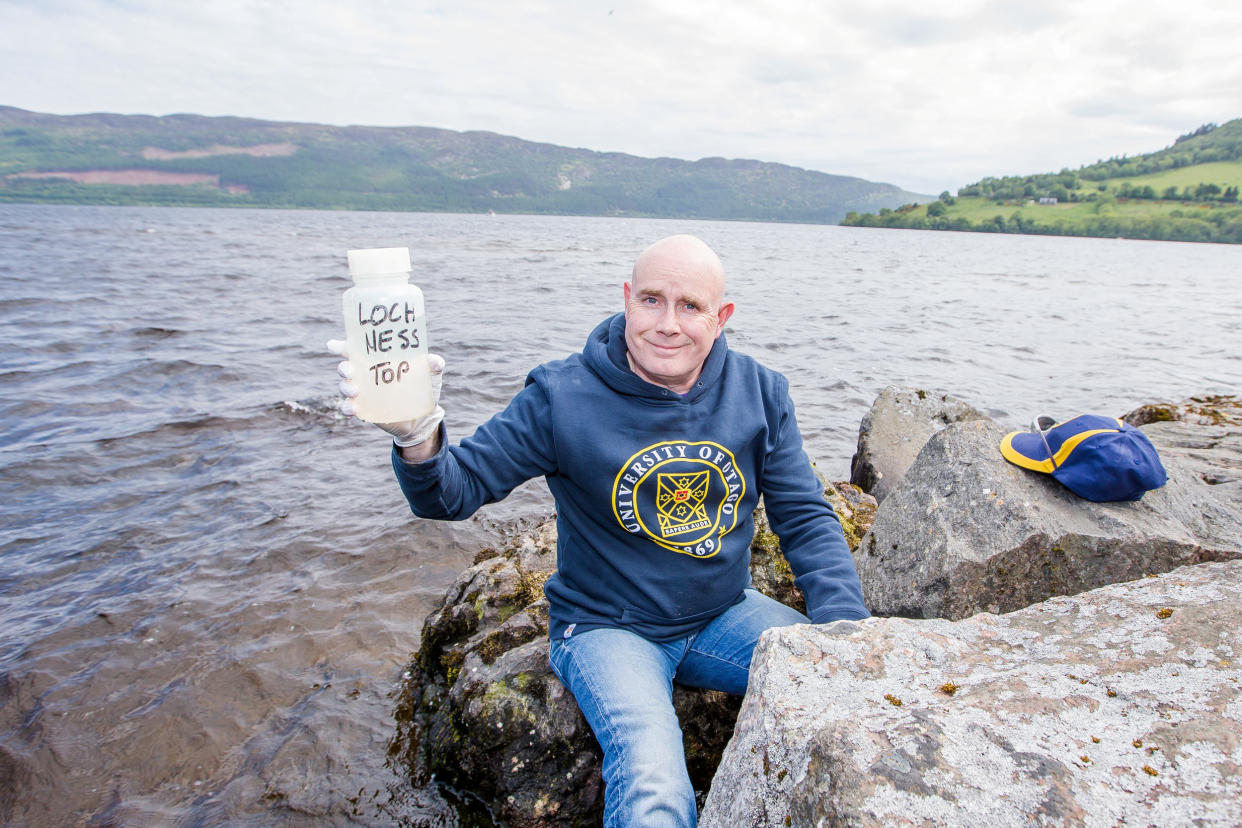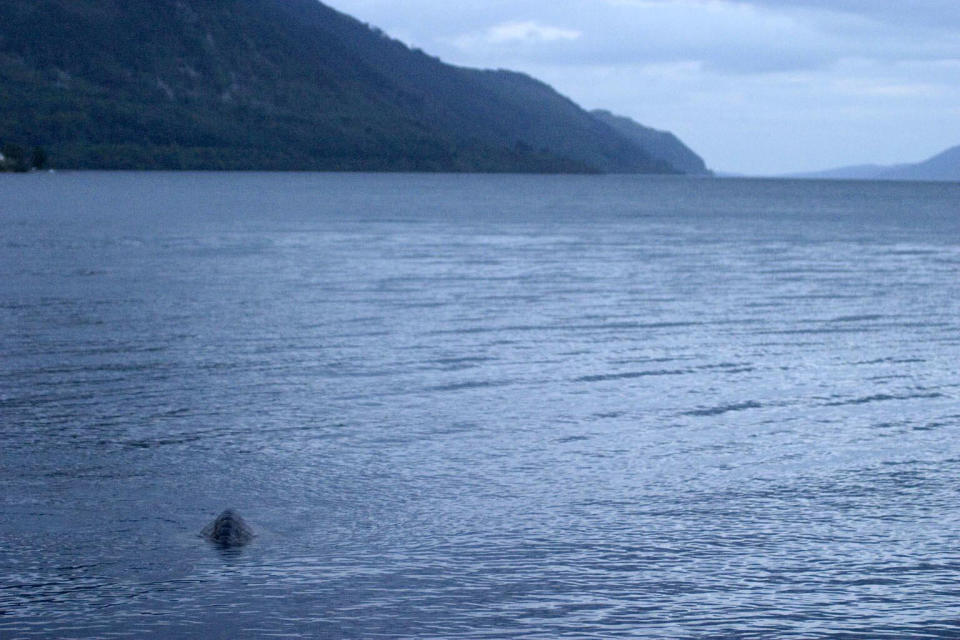Loch Ness Monster ‘might be real’ say scientists after DNA testing of water samples

The Loch Ness Monster “might be real”, a team of scientists has claimed.
Researchers made the claim after examining water samples from Loch Ness in Scotland.
They travelled the length of the loch on research vessel Deepscan taking water samples from three different depths.
The scientists collected DNA left by creatures in the loch from their skin, scales, feathers, fur and faeces.
The DNA samples were then sent to labs in New Zealand, Australia, Denmark and France to be analysed.
Professor Neil Gemmell of the University of Otago, New Zealand, who led the study, said the results are “surprising”.
He says his team tested the data against most of the main theories about the Loch Ness Monster.

Professor Gemmell said that while the full details will be released at a later stage, one of the theories “might” be correct.
One theory is that the monster is a long-necked plesiosaur that somehow survived the period when dinosaurs became extinct.
Others believe the monster is a giant sturgeon or catfish.
Professor Gemmell said he hoped to announce the full findings of the study in Scotland next month - but would not confirm which hypothesis might be right.
He said: "Is there anything deeply mysterious? It depends what you believe. Is there anything startling? There are a few things that are a bit surprising.
Read more
Donald Trump takes swipe at Sadiq Khan ahead of three-day UK state visit
NHS chiefs warn of 100 weight-related cancers cases a day in next decade
"What we'll have achieved is what we set out to do, which is document the biodiversity of Loch Ness in June 2018 in some level of detail.
"We've tested each one of the main monster hypotheses and three of them we can probably say aren't right and one of them might be."
Hundreds of thousands of visitors flock to Loch Ness every year to try and catch a glimpse of the mythical monster.
Nessie is worth millions of pounds to the Scottish economy - and tourist bosses previously said they are "eagerly anticipating" the results.

Announcing the study last year, Professor Gemmell said: "Scotland is dear to my heart because my mother and her family are Scottish, I’m delighted to be here to undertake our environmental DNA investigation of Loch Ness.
"It’s a place of extraordinary natural beauty.
"We’re delighted with the amount of interest the project has generated in the science and, monster or not, we are going to understand Loch Ness, and the life in it, in a new way."

 Yahoo News
Yahoo News 

